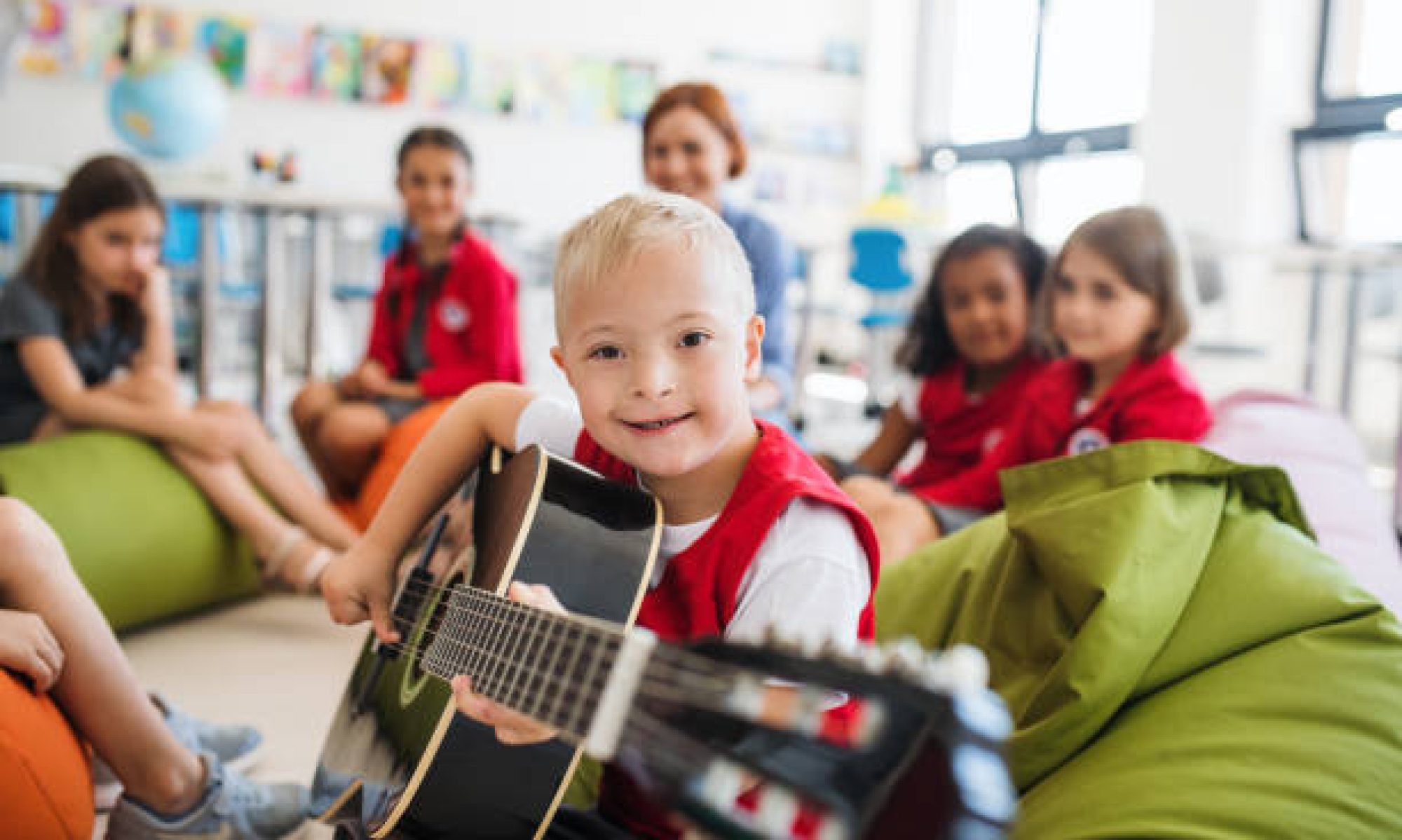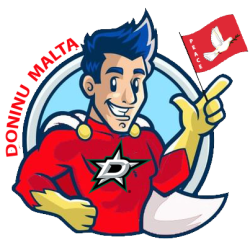INKLUZJONI WAHDA
By: Doninu (Malta) International
Project Type: Community-based Inclusive Child Empowerment
Focus: Intercultural Dialogue – Disability Inclusion – Anti-Exclusion
Territory: Nationwide (Malta & Gozo)
Languages: English and Maltese
1. Project Title
EN: INCLUSION: Unity Through Play
MT: Inkluzjoni: Għaqda permezz tal-Logħob
2. Executive Summary
EN:
Inclusion: Unity Through Play is an inclusive, grassroots project led by Doninu (Malta) International aimed at bringing children of different backgrounds, abilities, and life situations together through creative, non-competitive play and social interaction. The goal is to foster friendship, peace, empathy, and social inclusion among children who may otherwise never meet—such as children with disabilities, migrant children, those in poverty, or those excluded from mainstream education or activities.
All activities are delivered on a voluntary, non-monetary basis and focus on the universal language of play, creativity, and joy.
MT:
Inkluzjoni: Għaqda permezz tal-Logħob huwa proġett inklussiv u komunitarju mmexxi minn Doninu (Malta) International, li jġib flimkien tfal minn sfondi differenti, abilità differenti, u sitwazzjonijiet diffiċli permezz ta’ logħob kreattiv u parteċipazzjoni soċjali. L-għan huwa li nrawmu ħbiberija, paċi, empatija, u inklużjoni soċjali fost tfal li forsi qatt ma jiltaqgħu f’ambjent ieħor—bħal tfal b’diżabbiltà, tfal migranti, tfal fi stat ta’ faqar, jew tfal esklużi minn attivitajiet normali.
Il-proġett huwa volontarju, bla ġbir ta’ flus, u jibni fuq il-kreattività u l-ferħ bħala lingwa universali.
3. Mission Statement
EN:
To build a generation of peacebuilders by uniting children through joy, creativity, and shared experiences—without exclusion, competition, or discrimination.
MT:
Biex nibnu ġenerazzjoni ta’ tfal li jġibu l-paċi permezz tal-ferħ, il-logħob u esperjenzi magħquda—mingħajr esklużjoni, kompetizzjoni jew diskriminazzjoni.
4. Objectives
- Promote inclusive play among children with and without disabilities.
- Break down barriers of race, language, faith, ability, or social status.
- Foster friendships across cultural and personal differences.
- Create safe, non-commercial spaces for creativity and community.
- Encourage empathy, listening, and shared leadership among children.
- Empower children to be agents of unity and peace in their own communities.
5. Target Participants
- Children with disabilities (physical, intellectual, or emotional)
- Children from migrant, asylum-seeking, or minority backgrounds
- Children experiencing social or economic hardship
- Children from mainstream schools, special education units, and residential homes
- Siblings, families, and educators who wish to promote inclusion
6. Activities & Methods
EN:
- Inclusive Games: Cooperative, not competitive, activities for all ability levels
- Creative Workshops: Drawing, storytelling, theatre, music, crafts
- Cultural Exchange Days: Dress-up, food, songs, and traditions from multiple cultures
- Playgrounds of Peace: Portable play spaces in community gardens, schools, or town squares
- Peace Circles: Shared storytelling and expressions of kindness
- Sensory Zones: Calming and stimulating areas for children with sensory needs
- Child-led Initiatives: Older children help lead games for younger participants
MT:
- Logħob Inklussiv: Attivitajiet li ma jkunux kompetittivi u li jilqgħu lil kulħadd
- Workshops Kreattivi: Tpinġija, stejjer, teatru, mużika u xogħol bl-idejn
- Jiem ta’ Skambju Kulturali: Ilbies, ikel, kanzunetti u drawwiet minn diversi kulturi
- Playgrounds tal-Paċi: Żoni tal-logħob f’ġonna, skejjel u pjazez pubbliċi
- Ċrieki tal-Paċi: Stejjer kondiviżi u messaġġi ta’ ġentilezza
- Żoni Sensorjali: Spazji għal tfal b’bżonnijiet sensorjali jew ta’ rilassament
- Inizjattivi mmexxija mit-tfal: Tfajliet u subien ikbar jgħinu fit-tmexxija tal-logħob
7. Ethical Framework
- No cost, no discrimination. All children participate for free.
- Respect above all. Every child’s dignity is protected.
- No fundraising. The project runs on volunteer effort and donated materials.
- Child safety first. Volunteers are trained to ensure physical and emotional protection.
- Non-political, non-religious. All beliefs and backgrounds are respected equally.
8. Partners and Contributors
- Schools and learning centres (inclusion support)
- Local councils (use of space, promotion)
- Parents and carers (assistance and engagement)
- Artists, musicians, and craftspeople (workshop facilitation)
- Youth groups and scouts
- Child psychologists or educators (guidance and accessibility)
9. Sustainability
- Low-cost model—based on re-used materials and local venues
- Growth through community awareness, volunteer enthusiasm, and peer involvement
- Portable, flexible, and replicable across towns, schools, and festivals
- Long-term vision to form a Children’s Network for Peace and Inclusion
10. Conclusion
EN:
Children don’t need to be taught how to love—they need the space to express it. Inclusion: Unity Through Play gives every child that space. Through joy and shared imagination, it heals divisions before they form and creates the foundations of a peaceful society from the youngest up.
MT:
It-tfal ma jeħtiġux jitgħallmu kif jħobbu—jeħtiġilhom spazju biex jesprimu l-imħabba tagħhom. L-inkluzjoni tagħtihom dan l-ispazju. Permezz tal-ferħ u l-immaġinazzjoni kondiviża, inkunu qed infiequ l-qasmiet soċjali qabel ma jinkitbu, u nibnu soċjetà ta’ paċi minn età żgħira.

